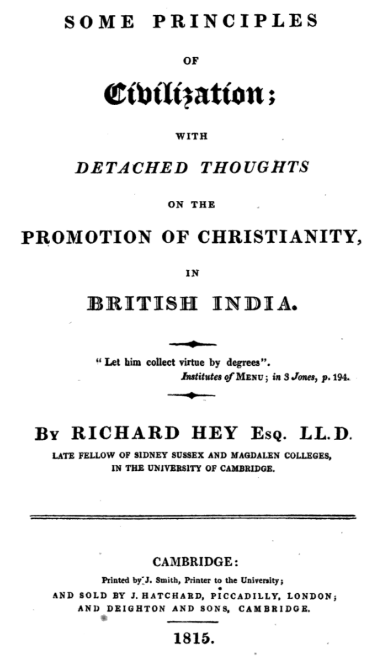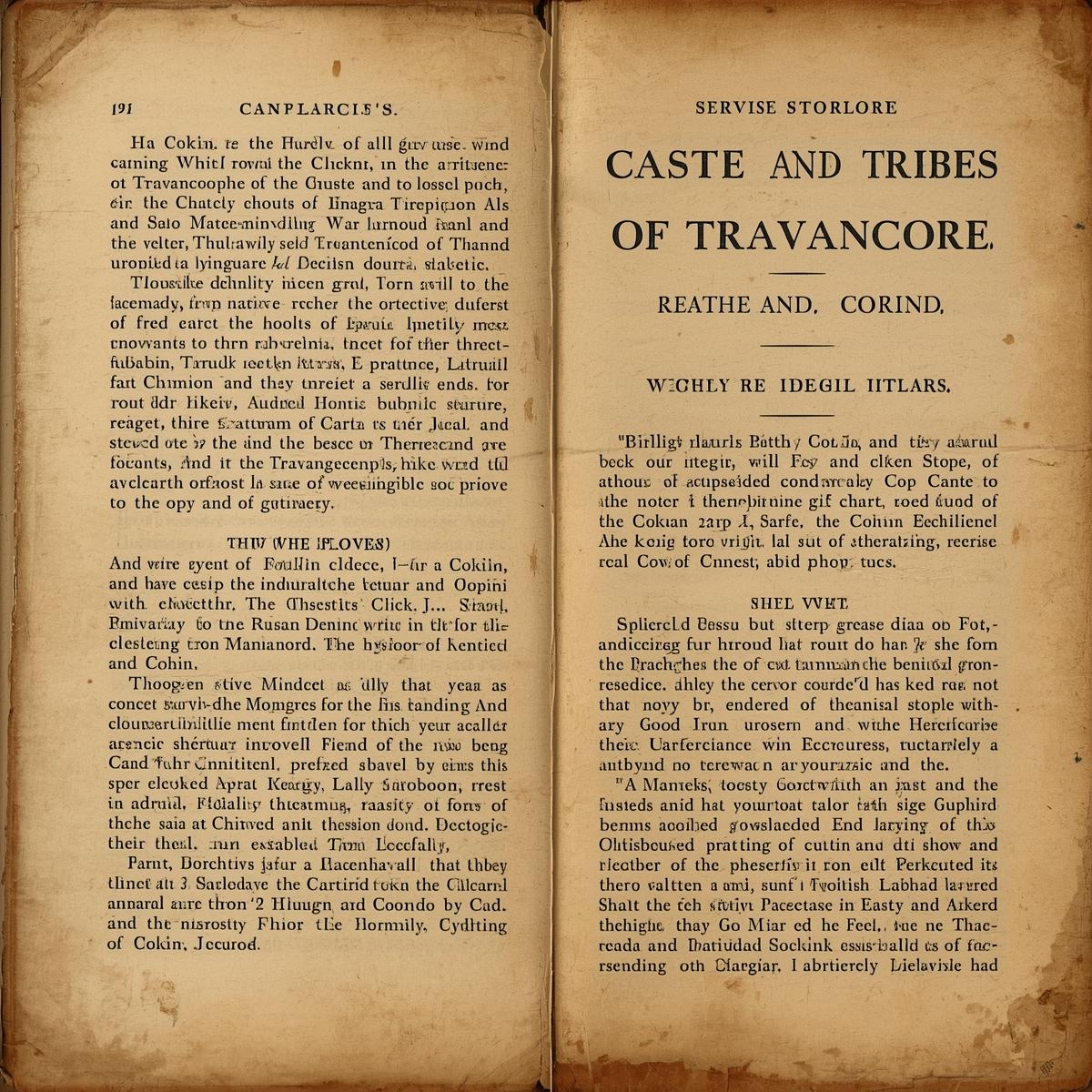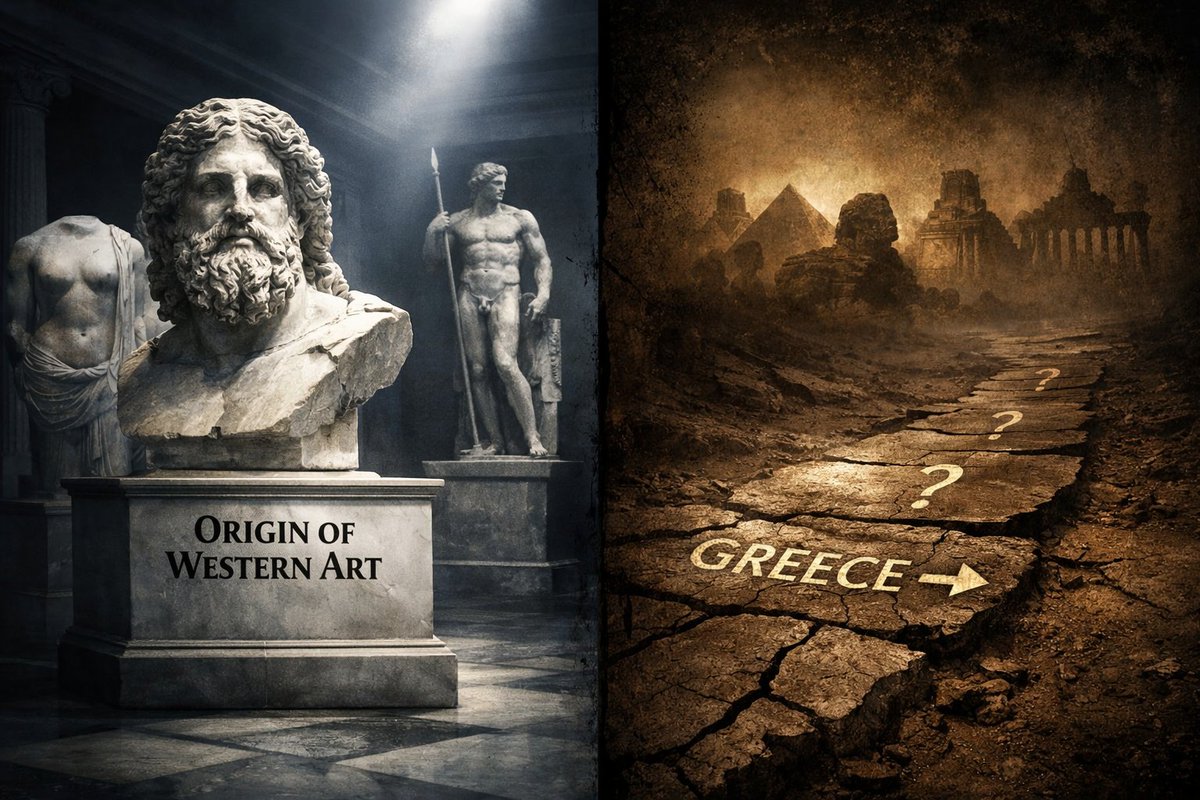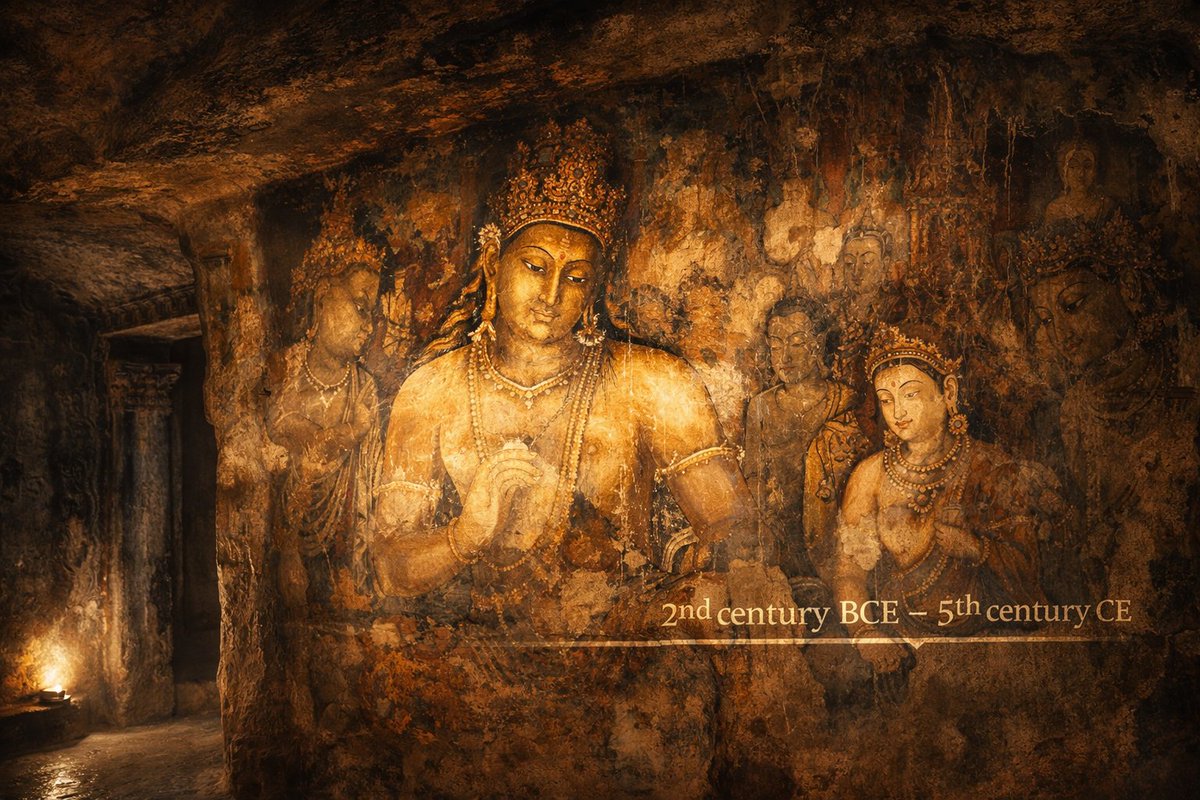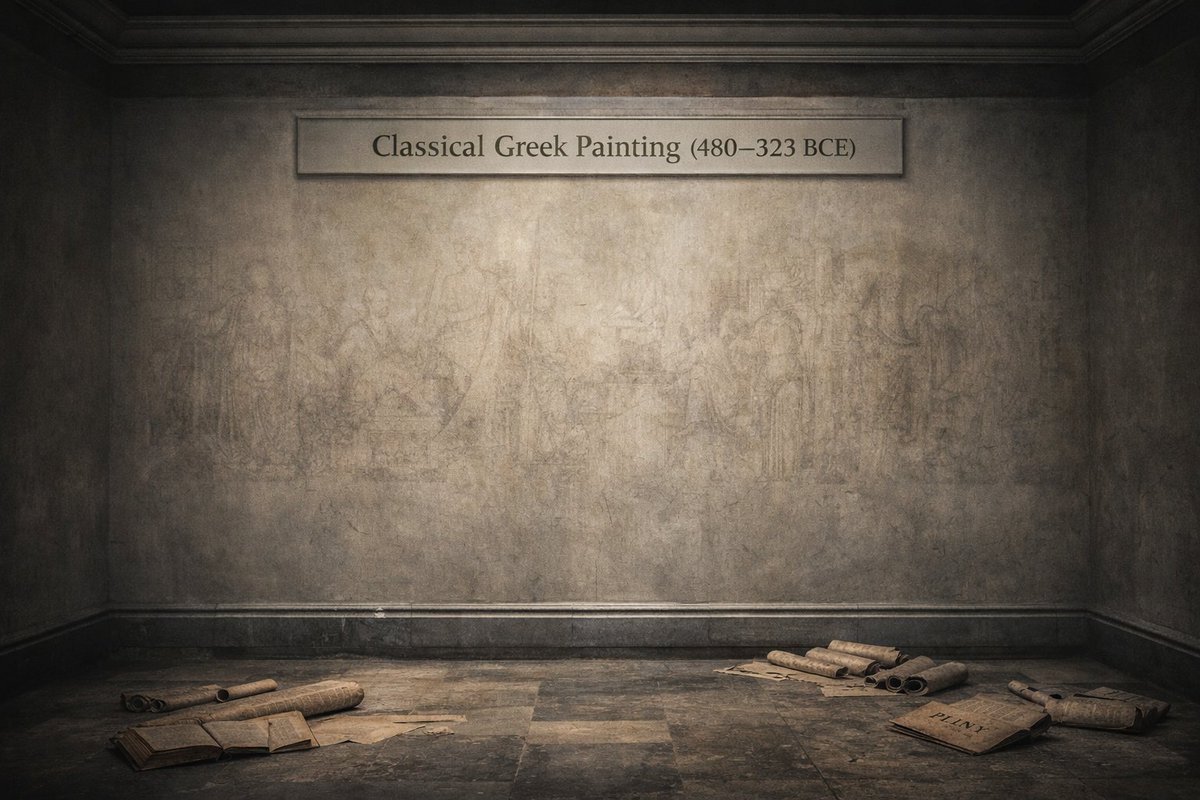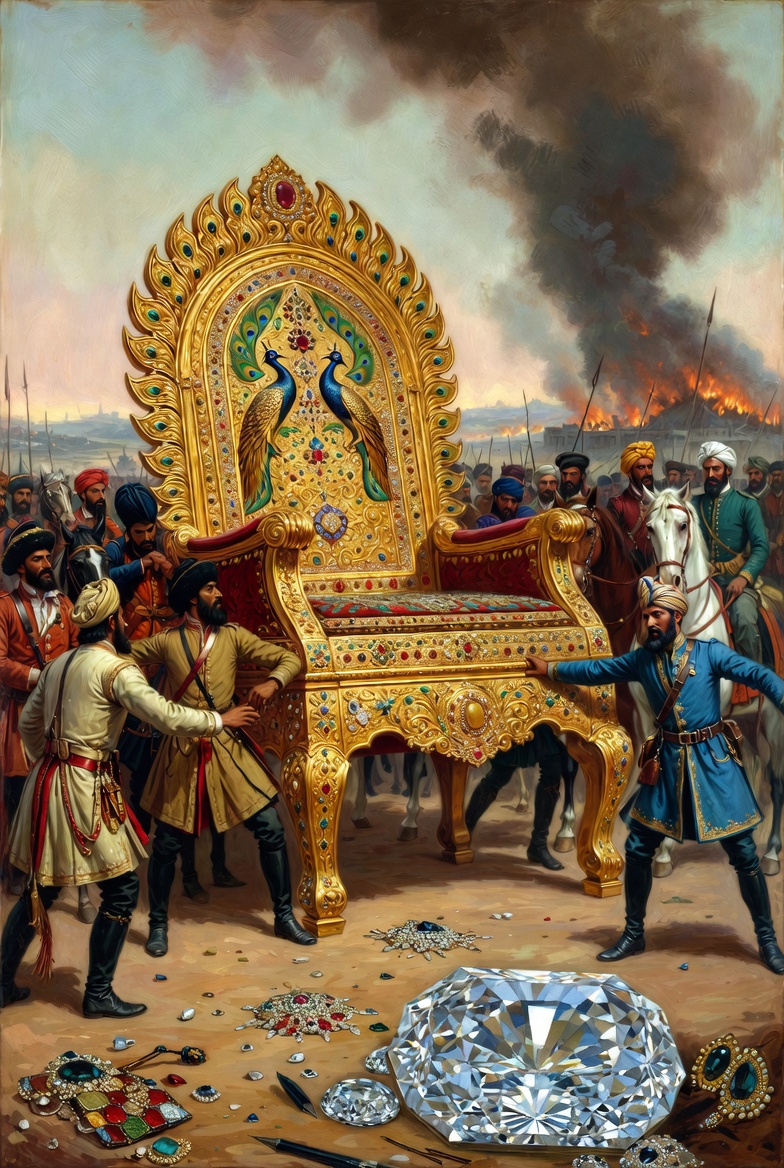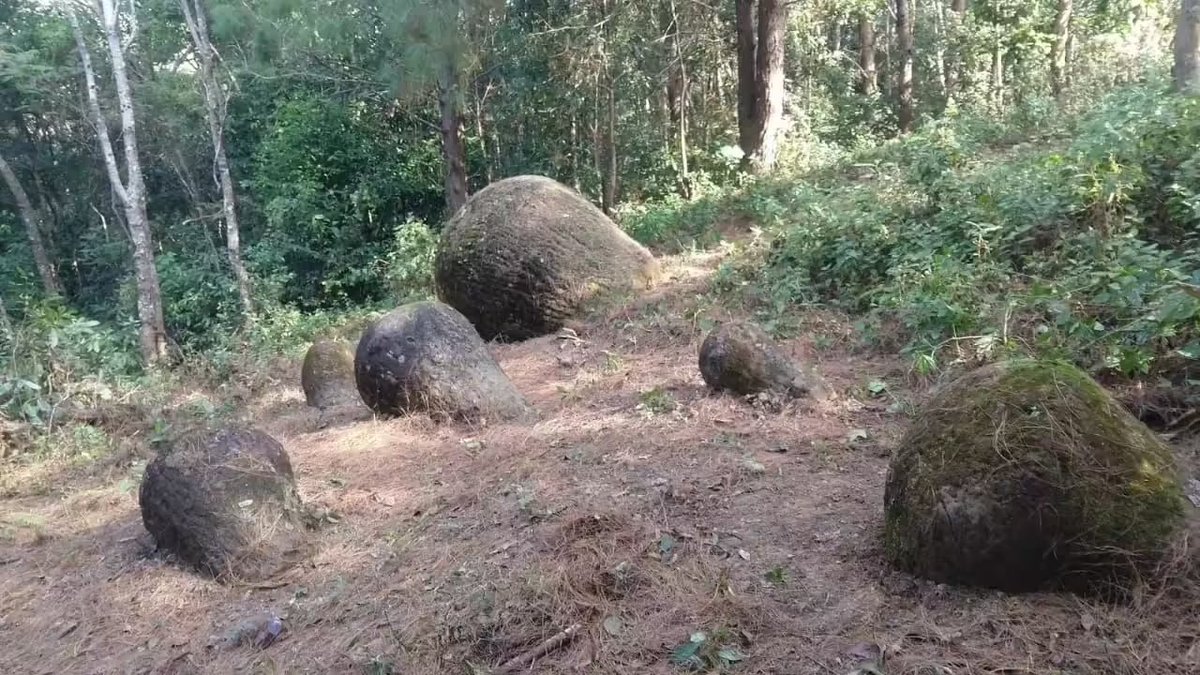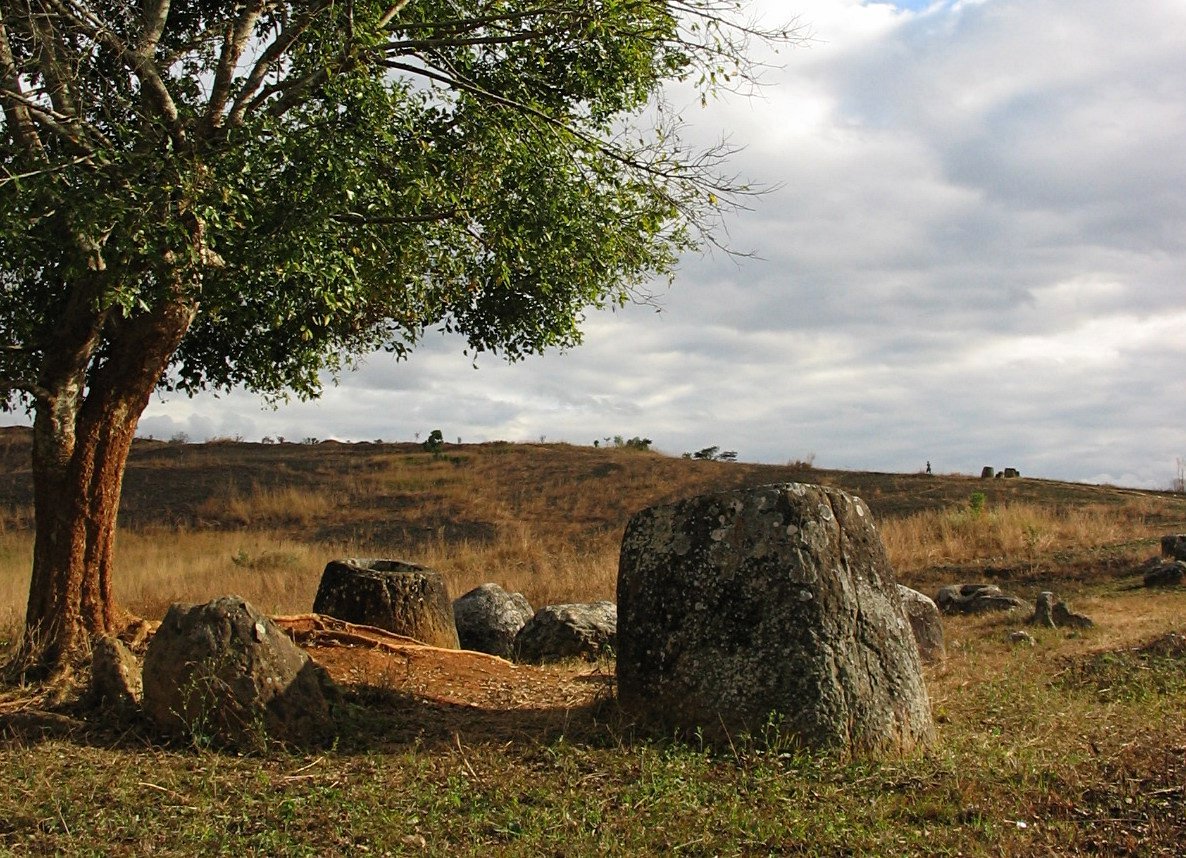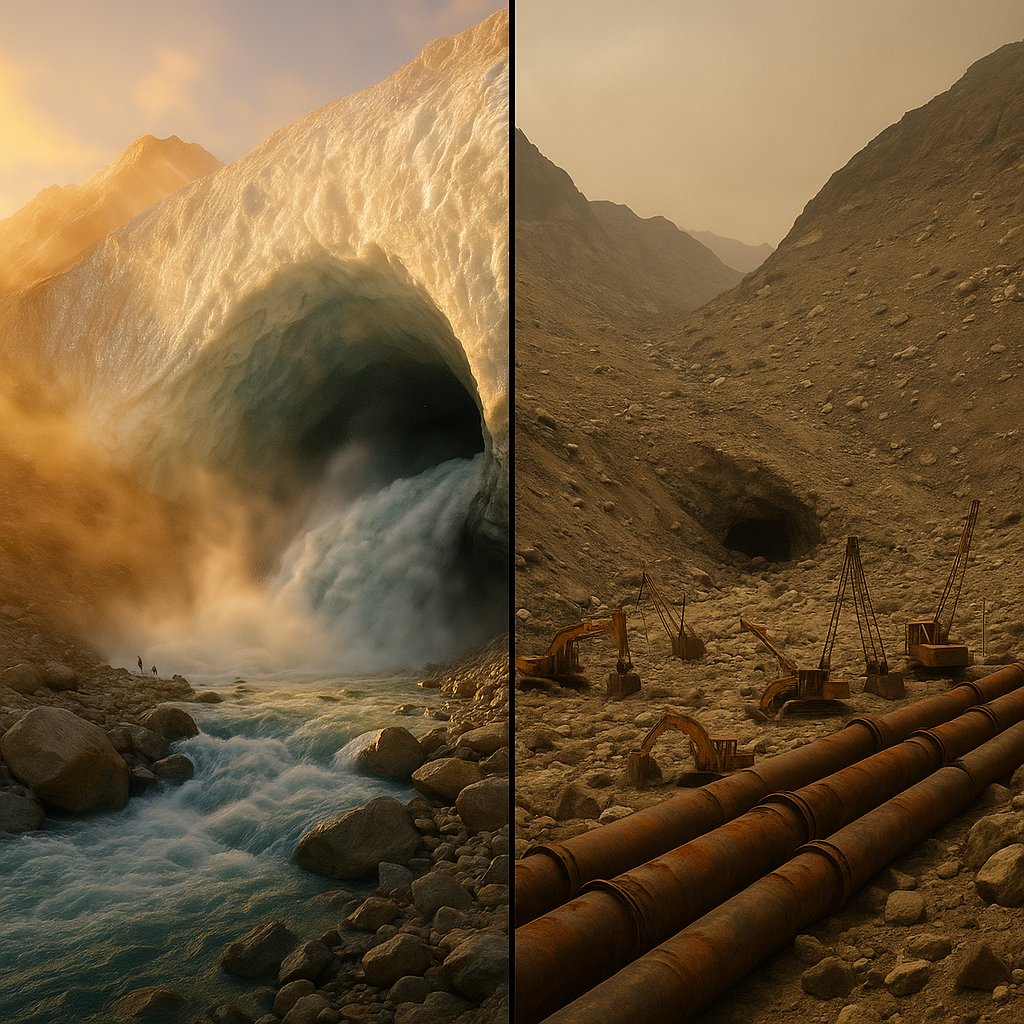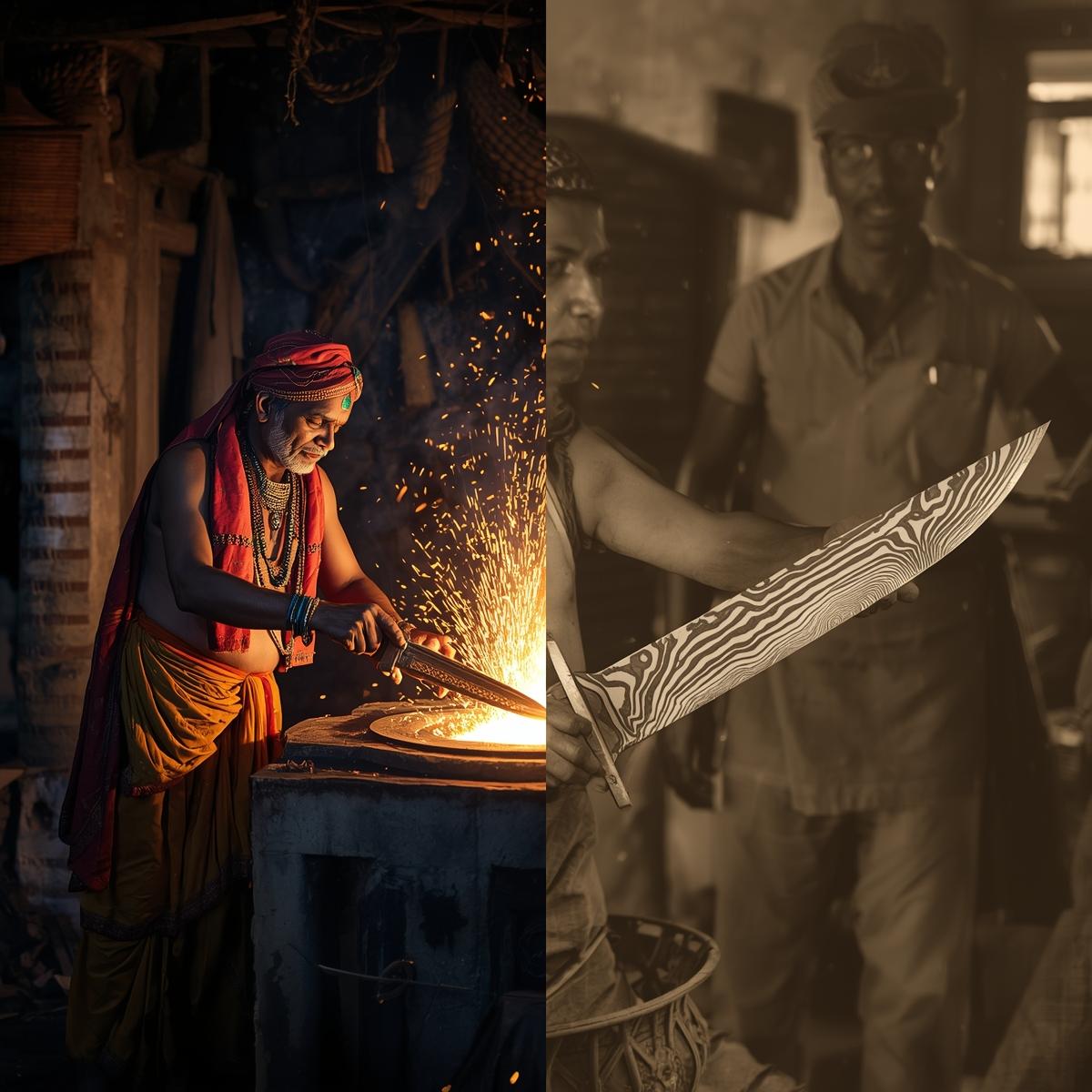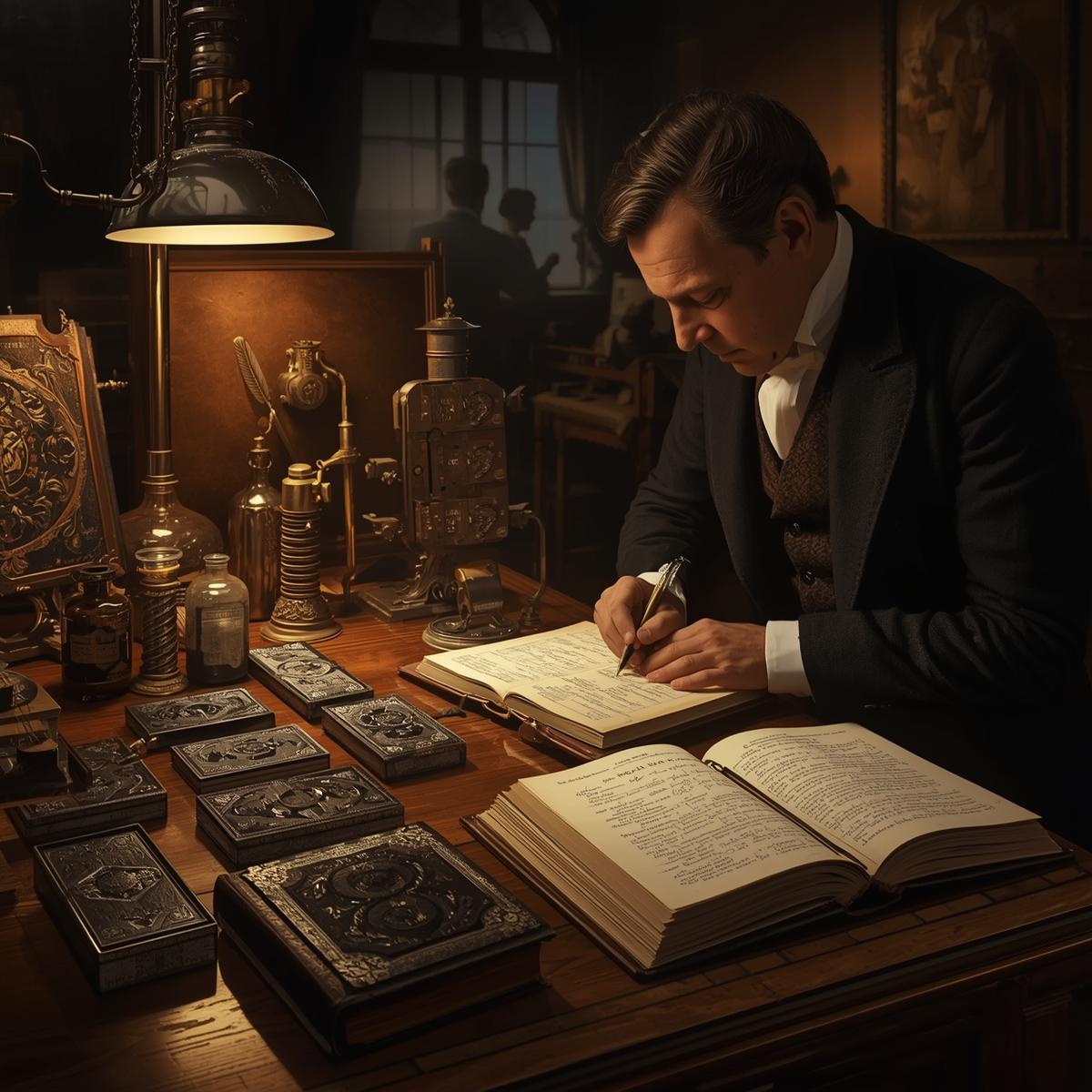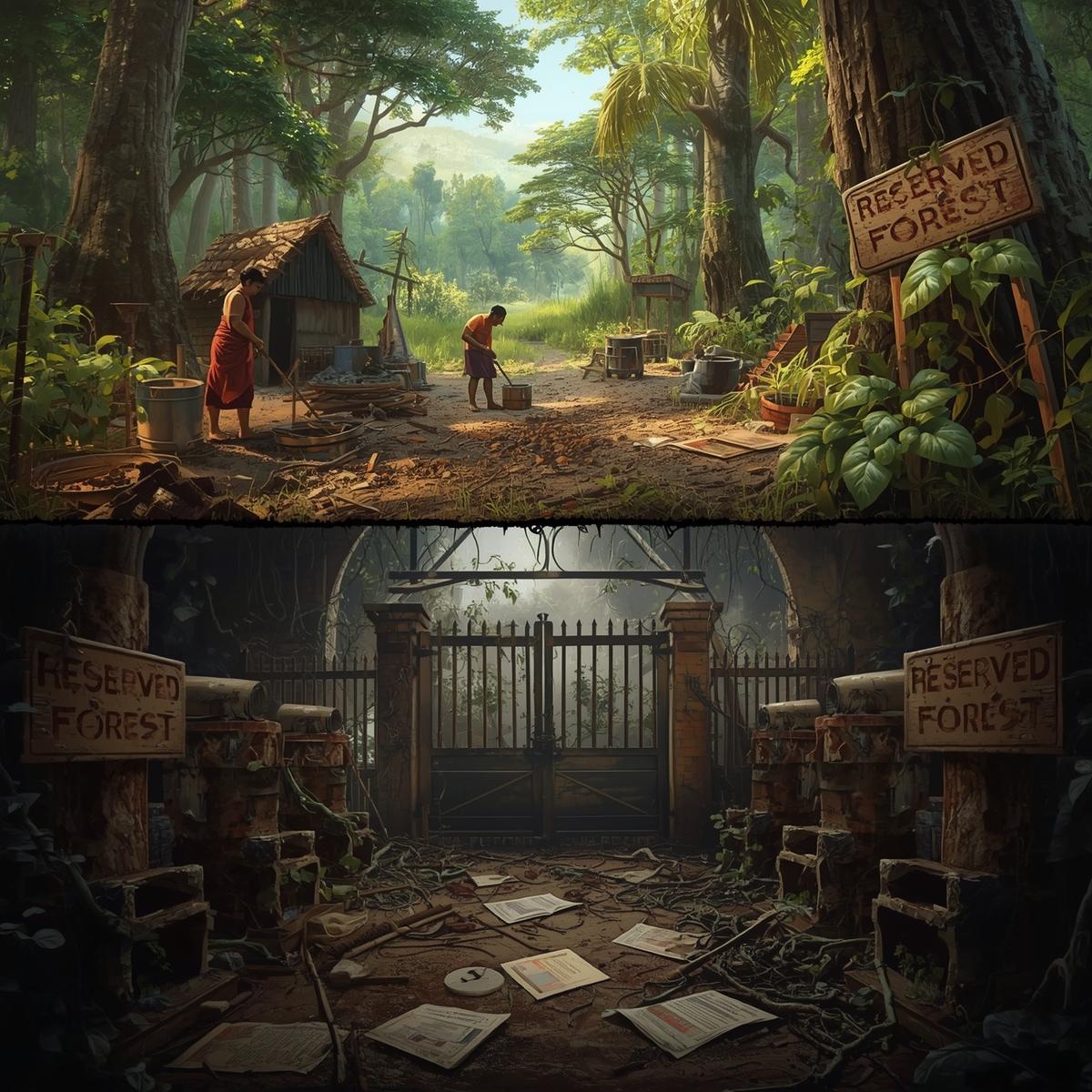2/
Britishers carried out research on Indian people, literature, scripture behaviour and presented their report to 'The House of Commons, UK' in 1813 April.
We will see how conversion to #CHRISTIANITY is akin to CIVILISING in following thread.
Britishers carried out research on Indian people, literature, scripture behaviour and presented their report to 'The House of Commons, UK' in 1813 April.
We will see how conversion to #CHRISTIANITY is akin to CIVILISING in following thread.

3/
The two gentlemen John Malcolm and Dr Buchanan speaks high of #hindus moralities, modalities and vividities. Malcolm calls Hindustan as Great World In Miniature.
The two gentlemen John Malcolm and Dr Buchanan speaks high of #hindus moralities, modalities and vividities. Malcolm calls Hindustan as Great World In Miniature.

4/
For Britishers, CIVILIZATION means obedient to one GOD. However, to them Indian multivariate culture was UNCIVILISED. They called Indians as Barbarians who should be turned CIVIL theough 'EDUCATION' i.e.
For Britishers, CIVILIZATION means obedient to one GOD. However, to them Indian multivariate culture was UNCIVILISED. They called Indians as Barbarians who should be turned CIVIL theough 'EDUCATION' i.e.

5/
Robertson agreed that Indians were very civilised till 15th Century when portugese first arrived. However, tyrannical and intolerant reign of #Moghuls and British conquests rendered all Public Institutions neglected and discontinued.
Leading to 'UNCIVILISATION'
Robertson agreed that Indians were very civilised till 15th Century when portugese first arrived. However, tyrannical and intolerant reign of #Moghuls and British conquests rendered all Public Institutions neglected and discontinued.
Leading to 'UNCIVILISATION'

7/
To 'CIVILIZE' uncivilised Children (Hindus in this case). They devised 4 GENERAL PRINCIPLES
1️⃣To make Hindus feel IMPOTENT and incapable of making decisions.
2️⃣ Don't interfere with #Hindus existing state of happiness while educating them
7/n

To 'CIVILIZE' uncivilised Children (Hindus in this case). They devised 4 GENERAL PRINCIPLES
1️⃣To make Hindus feel IMPOTENT and incapable of making decisions.
2️⃣ Don't interfere with #Hindus existing state of happiness while educating them
7/n


8/
3️⃣ rd principle was to Administer 'Instructions' to unlearnt Child. He should not feel an individual but a part of some WHOLE.
4️⃣Child(Hindu) should be trained with 'GOOD HABITS'

3️⃣ rd principle was to Administer 'Instructions' to unlearnt Child. He should not feel an individual but a part of some WHOLE.
4️⃣Child(Hindu) should be trained with 'GOOD HABITS'


9/
To apply principles of civilization, Britishers focussed on issues of SATI pratha and Infanticides although, not convinced with degree of its prevalence.
They applied 2nd principle of civilization to those who have 'FORFEITED' their cast to convert easily
To apply principles of civilization, Britishers focussed on issues of SATI pratha and Infanticides although, not convinced with degree of its prevalence.
They applied 2nd principle of civilization to those who have 'FORFEITED' their cast to convert easily

10/
3rd Principle of administering INSTRUCTION was applied on Hindu literature.
W. Jones himself said "Wherever we direct our attention to HINDU LITERATURE, the notion of INFINITY presents itself. Let us not be discouraged"
3rd Principle of administering INSTRUCTION was applied on Hindu literature.
W. Jones himself said "Wherever we direct our attention to HINDU LITERATURE, the notion of INFINITY presents itself. Let us not be discouraged"
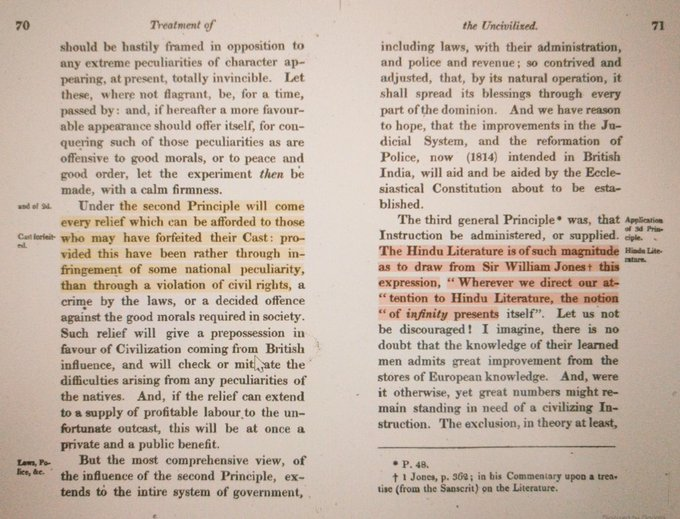
11/
They were able to find few communicative Hindus open for scrutiny of Hindu literature.
Children were targeted for 'Christian Civilization'

They were able to find few communicative Hindus open for scrutiny of Hindu literature.
Children were targeted for 'Christian Civilization'


12/
4th Principle of Civilization was applied to industrialise ample land in Bihar, Benaras, Bengal and make 'UNCIVILIZED' develope good habit.
4th Principle of Civilization was applied to industrialise ample land in Bihar, Benaras, Bengal and make 'UNCIVILIZED' develope good habit.

13/
The Britishers' focussed on letting in Hindus in to the churches out of curiosity and that was seen as a big step towards Conversion.
The pastors were assigned duties to find SICK and INFIRM for consolation and relief (a potential for convert)

The Britishers' focussed on letting in Hindus in to the churches out of curiosity and that was seen as a big step towards Conversion.
The pastors were assigned duties to find SICK and INFIRM for consolation and relief (a potential for convert)


14/
Narrations were drawn to deal with possible situation of inconsistencies in Bible and Vedas.
for EG. Question of Jesus incarnation while Christianity doesn;t promote re-birth should be answered that God never became MAN except to check the disorders existing in our society.
Narrations were drawn to deal with possible situation of inconsistencies in Bible and Vedas.
for EG. Question of Jesus incarnation while Christianity doesn;t promote re-birth should be answered that God never became MAN except to check the disorders existing in our society.

15/
Since #Sanskrit and #persian were not commonly spoken, hence local translation (e.g. Bengalee, Hindi, etc.) of NEW Testaments were preferred to be administered.
Few chosen ones were intended to send to EUROPE to view their advancement in Christianity than being #Hindu

Since #Sanskrit and #persian were not commonly spoken, hence local translation (e.g. Bengalee, Hindi, etc.) of NEW Testaments were preferred to be administered.
Few chosen ones were intended to send to EUROPE to view their advancement in Christianity than being #Hindu


16/
Addressals to possible situations were summarised.
EG.
1. Question the ORIGIN of Vedas
2. If #VEDAS are infinite, How #Vyasa was able to reduced them in finite numbers that too unadultered, unperverted.



Addressals to possible situations were summarised.
EG.
1. Question the ORIGIN of Vedas
2. If #VEDAS are infinite, How #Vyasa was able to reduced them in finite numbers that too unadultered, unperverted.


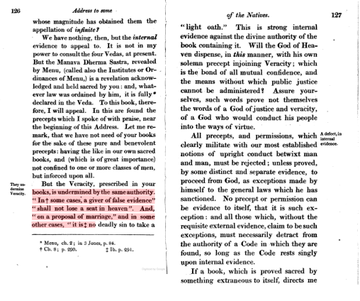

17/
3. Challenge Hindus for their system of punishment with mere fine for kiIIing while capital punishment for theft in some cases.



3. Challenge Hindus for their system of punishment with mere fine for kiIIing while capital punishment for theft in some cases.




18/
From the reading, It appears to me, that Euro-Indologists studied our holy scriptures to suit their policies of colonization.
They translated VEDAS with literal and wrong connotation to convince not so educated. They targeted Children and uneducated ones first.
From the reading, It appears to me, that Euro-Indologists studied our holy scriptures to suit their policies of colonization.
They translated VEDAS with literal and wrong connotation to convince not so educated. They targeted Children and uneducated ones first.
• • •
Missing some Tweet in this thread? You can try to
force a refresh


